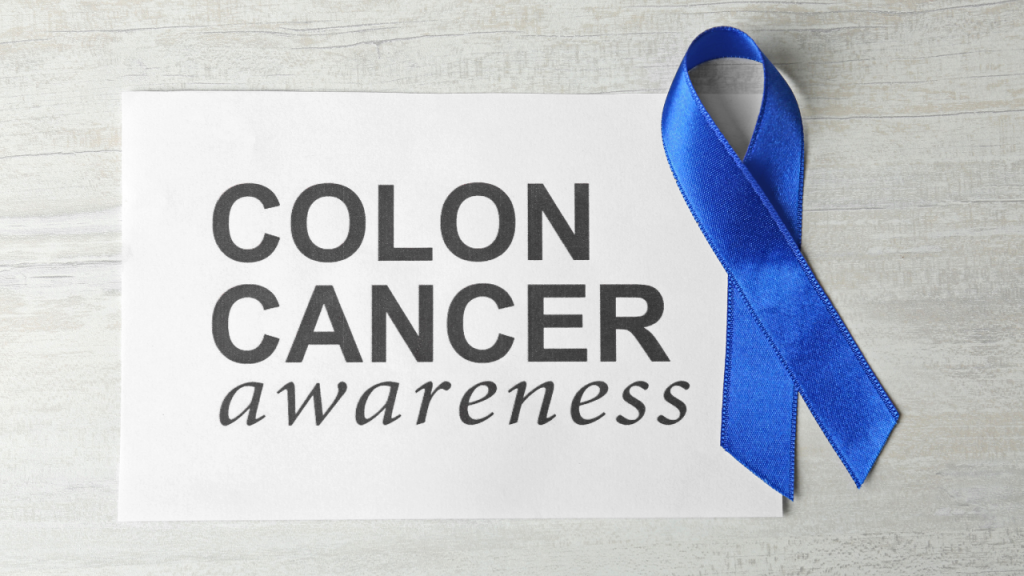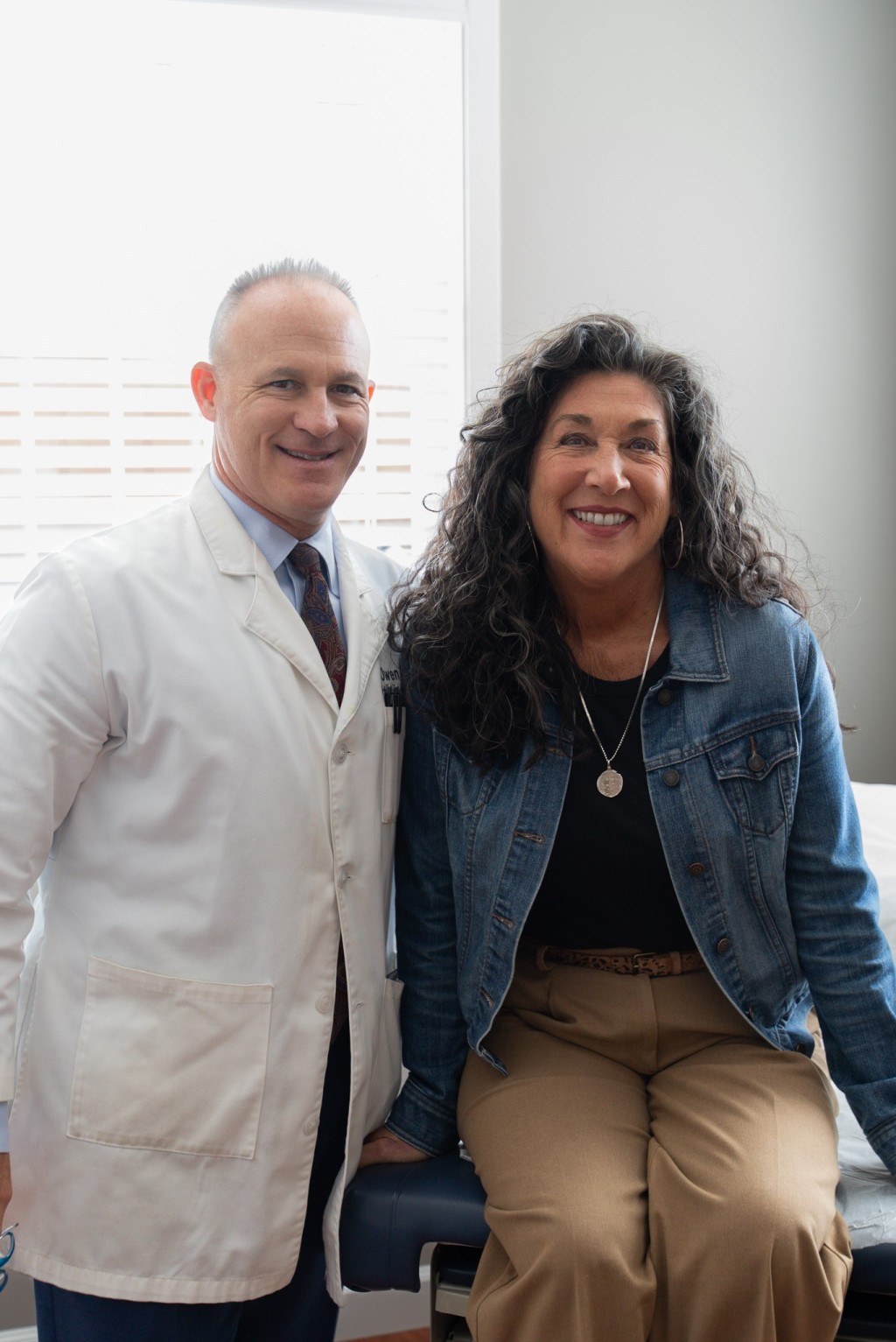News
-
.png)
Winter Weather Update
January 24, 2026LATEST UPDATE AS JAN. 26: Due to inclement weather, the following clinics will have a delayed opening of 1 p.m. on Tuesday, January 27:Cardiology Associates of North Central ArkansasMillard-Henry Clinic of RussellvilleMillard-Henry Women's ClinicMillard-Henry Orthopedic ClinicParking lots and sidewalks have been cleared to help ensure safe access.These locations will…
Learn more -
Preparing for Winter Weather
January 22, 2026Due to weather conditions and in the interest of patient and staff safety, Saint Mary's Physician Services may adjust services in some of our clinics that could result in modified hours or temporary closures.Patients with scheduled appointments are encouraged to call ahead before traveling to confirm availability. If you have questions about your appointment or need to…
Learn more -
.jpg)
Cervical Cancer Screening Saves Lives
January 14, 2026January is Cervical Cancer Awareness Month, and it’s a time to focus on a critical part of women’s health: prevention. Cervical cancer is one of the most preventable cancers, yet thousands of women are diagnosed every year because they miss routine screenings.
Learn more -
.jpg)
Saint Mary’s Offers Innovative Low-Dose Radiation Therapy for Osteoarthritis
December 18, 2025Saint Mary’s is proud to offer a new, noninvasive treatment option for individuals suffering from moderate to severe osteoarthritis: Low-Dose Radiation Therapy (LDRT). This non-surgical approach helps patients manage chronic joint pain while improving mobility and delaying, or even avoiding, surgery.While LDRT remains underutilized in the United States, it has been…
Learn more -
.jpg)
Millard-Henry Clinic Welcomes Family Nurse Practitioner Vicky Mistler to Dardanelle
December 11, 2025Millard-Henry Clinic is pleased to announce the addition of Virginia “Vicky” Mistler, MSN, APRN, FNP, to its Dardanelle location. Mistler, a board-certified family nurse practitioner, will begin seeing patients on December 30, 2025.Mistler earned her Master of Science in Nursing – Family Nurse Practitioner from Arkansas State University and her Bachelor…
Learn more -

Saint Mary’s Welcomes General Surgeon Dr. Tessa Henry
July 07, 2025Saint Mary’s Regional Health System is pleased to welcome Tessa Henry, M.D., to its medical staff. Dr. Henry joins the general surgery team, bringing advanced training, clinical leadership and a strong commitment to patient-centered care. Dr. Henry completed her General Surgery Residency at Memorial Healthcare System in Hollywood, Florida, where she served as…
Learn more -

Pediatrician Dr. Rick Harrison Retires After 37 Years
June 18, 2025After nearly four decades of service, beloved pediatrician Dr. Rick Harrison is set to retire from Millard-Henry Clinic on June 30, 2025. His career, which began at the clinic on June 13, 1988, has spanned 37 years of caring for generations of River Valley families with kindness, professionalism and unwavering commitment to his young patients. A graduate of the…
Learn more -

Q&A on Measles: Pediatrician Dr. Chad Masters Shares Vital Insights
May 07, 2025As spring blooms and summer approaches, we look forward to ball games, family vacations and joyful get-togethers. Yet, for some, a lingering worry about measles can cast a shadow over these plans. With outbreaks reported in several states, including potential travel destinations, concerns are understandable. You can stay informed about current cases and outbreaks…
Learn more -
Walk with a Doc: Cardiologists Engage Community in Heart Health Conversation
April 21, 2025Community members are invited to take a step toward better health at Saint Mary’s upcoming Walk with a Doc event in partnership with Main Street Russellville, featuring a casual one-mile walk led by local interventional cardiologists. The event will take place Monday, April 28 at 5:30 p.m., starting at Depot Park, located at 320 W. C St. in Russellville. This…
Learn more -

Your Feet, Your Future: Understanding and Combating Peripheral Artery Disease
April 08, 2025Peripheral Artery Disease (PAD) is often referred to as a "silent killer" because many people don’t know they have it until it's too late.
Learn more -

Saint Mary’s Introduces New Robotic-Assisted Surgical System
March 17, 2025Saint Mary’s Regional Health System is excited to introduce the da Vinci Xi Surgical Robot, bringing robotic-assisted surgery to the River Valley. This addition expands surgical options for patients, offering a minimally invasive approach to various procedures with benefits such as smaller incisions, greater precision, and faster recovery times. The da Vinci…
Learn more -

Colon Cancer Awareness Month: Understanding Your Colonoscopy
March 03, 2025Have you had your colonoscopy? If you’re 45 or older, you’ve probably heard this question from someone you know – a doctor, a family member, or a health-conscious friend. More than 50,000 people die from colon cancer each year in the United States, and the disease may not have early symptoms. That’s why most people should talk with their provider…
Learn more -
Dr. Stanley Teeter Retires After Decades of Service to the River Valley
February 05, 2025After decades of dedicated service, Dr. Stanley Teeter is retiring from Millard-Henry Clinic, closing a remarkable chapter in River Valley healthcare. A trusted physician, Navy veteran, and community leader, Dr. Teeter has spent his career ensuring that compassionate, quality healthcare remains accessible to all. His retirement comes just after celebrating his 90th…
Learn more -

Welcoming Women's Health Practitioner Wendy Pyburn, APRN
February 03, 2025Millard-Henry Women’s Clinic is pleased to welcome Wendy Pyburn, MSN, APRN, FNP-C, to the practice. Wendy brings more than 28 years of healthcare experience in women’s health and obstetric care to the River Valley community. "We are proud to welcome Wendy Pyburn," said Vanessa Bailey, Executive Director of Millard-Henry Clinic. "Her extensive…
Learn more -

Getting the Most Out of Your Health Insurance
December 03, 2024Have you been putting off your annual doctor’s visit? Or perhaps even a needed screening or procedure? If you’ve been putting off care – whether it’s a recommended surgery, screening or simply your annual check-up – now’s the time to do it. Your health means everything. Taking care of it now is a great opportunity to really get the most…
Learn more -

Welcoming Interventional Cardiologist Dr. Sabeeda Kadavath
November 19, 2024We are pleased to welcome Interventional Cardiologist Dr. Sabeeda Kadavath to the medical staff. Dr. Kadavath’s skill set will enhance the heart care services available to patients throughout the River Valley region. Dr. Kadavath offers a wide range of cardiovascular procedures, including coronary angiography, minimally invasive coronary interventions and…
Learn more -
Important Update: Millard-Henry Clinic of Atkins Closure and Provider Transition
November 18, 2024Effective December 19, 2024, the Millard-Henry Clinic of Atkins will be closing. This decision was made with careful consideration, and we want to reassure you that our commitment to providing quality healthcare remains our top priority.
Learn more -

Choosing Quality of Life: Annette Smith's Orthopedic Journey at Saint Mary's
November 07, 2024After suffering from chronic hip pain for two years, Annette Smith, Saint Mary’s Health Information Management Director, turned to Dr. Owen Kelly for help. His compassionate care guided her through surgery, and now she’s pain-free and thriving.
Learn more -

Millard-Henry Clinic to Host Job Fair for Healthcare Professionals
September 24, 2024The clinic is currently recruiting for various positions including nursing (all specialties), laboratory, radiology and reception roles. Attendees are encouraged to bring their resumes and meet with department leaders, hiring managers, and human resources representatives.
Learn more -

Welcoming Interventional Cardiologist Dr. Surbhi Chamaria
September 19, 2024Dr. Chamaria brings extensive experience in advanced cardiovascular care, further enhancing the services available to the River Valley community.
Learn more
